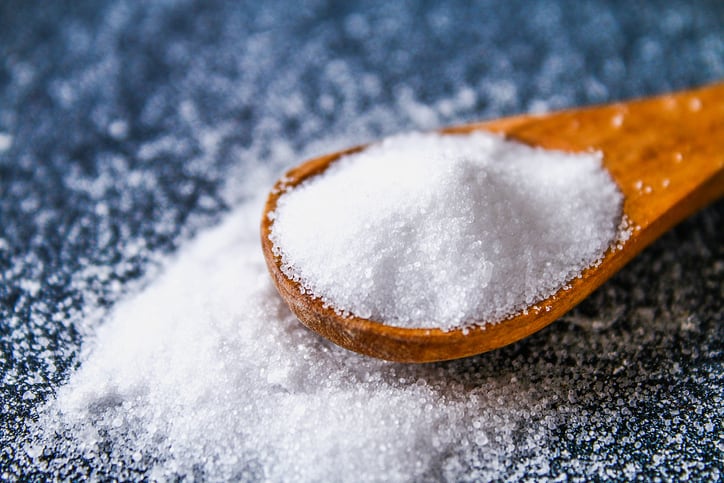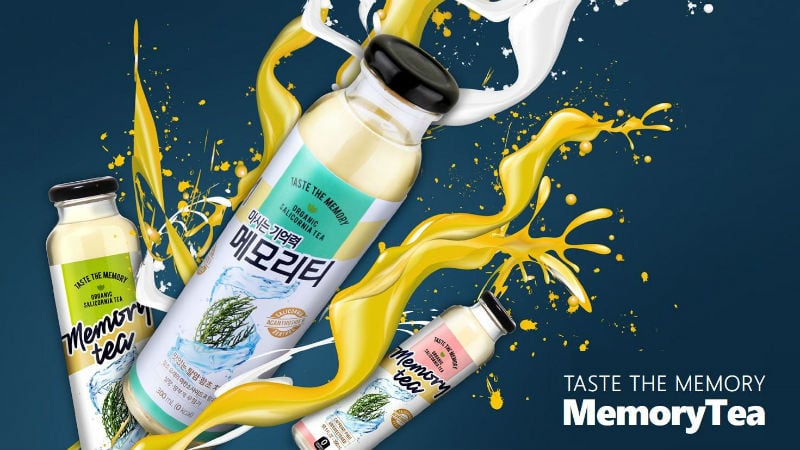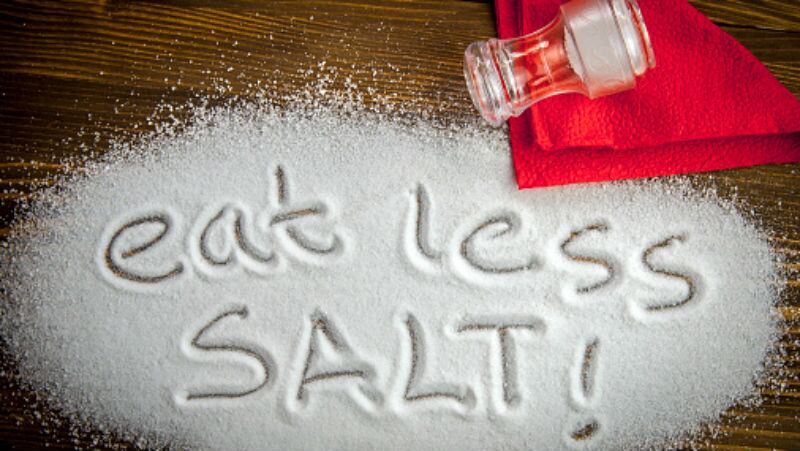In a study conducted by researchers from USA, mice which were given a high sodium diet consisting of four or 8% NaCl for 12 weeks (8-16 times higher in salt than normal mouse diet – 0/5% NaCl) were found to accumulate modified tau, a protein associated with conditions that cause dementia, such as Alzheimer’s disease.
The researchers found that high sodium diet mice were significantly less able to navigate mazes (p<0.05) and recognise new objects (p=0.0188).
They reported in the journal Nature, “Dietary salt induces hyperphosphorylation of tau followed by cognitive dysfunction in mice, and that these effects are prevented by restoring endothelial nitric oxide production.”
The researchers fed high sodium diet mice L-arginine in their drinking water (10 g l-1) during the last four weeks of the 12-week course and found L-arginine suppressed accumulation of p-tau and prevented high sodium diet-induced cognitive dysfunction, by converting to nitric oxide.
Limitations of mouse model
However, Australian researchers have questioned elements of the study.
Distinguished scientist from The Hudson Institute, Professor John Funder AC ssaid: “Normal mouse chow contains 0.3% sodium chloride; which would be a high salt intake in humans. The New York mice in question got 8% sodium chloride, despite which, curiously, their blood pressure did not go up; they did, however, eat more and weigh less - not a starter for sensible human weight loss.”
“Any extrapolation from mice on a salt intake of 8% to the human situation may be cute, but it is grossly irresponsible in terms of science.”
He also added that arginine, which can be converted to nitric oxide to reduce phosphorylation of tau, may be the Japanese population’s secret to longevity.
“The Japanese commonly consume a very high salt diet, despite which they have the world's longest life expectancy. In human diets, arginine is rich in nuts, seeds, legumes, meat - and, wait for it, seaweed, which might be the Japanese secret.”
Meanwhile, Dr Rosemary Stanton OAM, nutritionist and visiting fellow at the School of Medical Sciences, University of New South Wales added: “The mice in this current study were given very large doses of sodium, translated into human terms, it’s about twice what the average Australian consumes.”
Dr Evangeline Mantzioris, program director of nutrition and food sciences at the University of South Australia added: “While the mouse model provided a good biological equivalence to the human brain, we cannot with certainty say the same effect would happen in humans.”
However, she added: “(The research) contributes to the evidence base which tells us we should be reducing the amount of added salt (at the processing level, cooking and at the dinner table) that we have in our diet and focus on consuming a healthy balanced diet containing breads and cereals, legumes, fruits and vegetables and with minimal amounts of processed foods."
The researchers of the study admitted that high sodium diet used in mice was eight to 16-fold higher than in normal mouse diet, and may have exceeded the highest reported levels of human salt consumption (12.5–20 g per day or 3–5 times the recommended level of 4–5 g per day).
However, they believed their data provided a previously unrecognised link between dietary habits, vascular dysfunction and tau pathology.
They said the avoidance of excessive salt intake and maintenance of vascular health may help to stave off the vascular and neurodegenerative pathologies that underlie dementia in elderly.
Source: Nature
https://doi.org/10.1038/s41586-019-1688-z
“Dietary salt promotes cognitive impairment through tau phosphorylation”
Authors: Giuseppe Faraco, et al.




